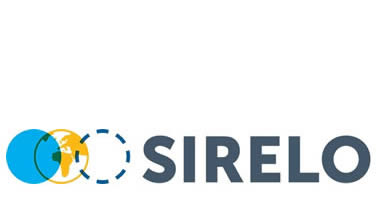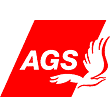Gas and Water

Normally, each house or apartment should have an electrical water heater installed. Make sure that your house has one and where the switch is located before you move in! Keep in mind that electricity is rather expensive, and usually it is enough if you put the water heater on for 4-5 hours per day (during summertime a bit less can be enough, and during wintertime you might need a little bit more). Also remember that when the electricity is cut, the water heater will be off as well, so make sure the water is heated before the cut comes if you intend to shower in the dark.
Water
Water is provided to your house by the official water department of each city, through your water tank which is placed on the roof of your building. When you move in, make sure the owner or landlord show you which tank is yours. During summertime there are usually a lot of water shortages, especially in the smaller villages across the country but even so in Beirut. Sometimes the water shortage can be so grave that you will have to contact a private provider of water to fill your tank, which is why it's crucial you know which one is yours.
Every household in Lebanon have a fixed amount of water delivered to their tank every week and each household pays a fixed yearly price for their water. As of 2012 the yearly price for water in Beirut is 240 000 LL (160$), each major city of Lebanon have their own governmental water supplier which you can contact in case of questions or emergency.
Each household is also supposed to get their fresh water filled once a day, which arrives in the single tap next to the double ones in the kitchen. If you actually CAN drink this water or not, you should ask your neighbor.
If your fresh water is not suitable for drinking (which is mostly the case) there are several water companies who deliver small water tanks including the cooler, to you house (Sannine, Dana, Nestle, Rim, Tannourine, Sohat and more), a second option would be to buy bottles water at the nearest store.
Your pipes
As you soon will notice, almost all bathrooms in public places (restaurants, bars, offices etc) will have a sign asking you to not throw any paper in the toilet basin. This will for sure apply to your own toilet as well. The sewage system and the pipes of Lebanon are old and narrow and if you don’t get into the habit of throwing your toilet tissues in a bin instead of the toilet you will soon have a flood in your apartment. So to avoid having the handyman visiting your house to often, remember to not throw anything in the toilet. Even if your house is new.
Gas
Most households in Lebanon are using gas stoves, and you will have to buy your own gas tank. Ask your neighbor or local mini market staff for the number of the closest gas delivery service. In Beirut the normal price as of 2012 for your initial gas tank is around 50 $. Once your tank is empty, you call the delivery service and they will come and give you a full one, and this time you should pay much less since you are only doing a "refill". Normally the price of a household tank refill should be around 20 000LL - 23 000 LL (13-15 $). Unigaz is the largest gas company offering services to households in Lebanon.
Helena Forsell
She is a 30 something who left her native Sweden for Lebanon 6 years ago. Now she is reinventing life in Beirut.
- My Life Abroad -
A selection of expat stories

"A fun compulsive read!"
J. Matcham, Amazon
"I strongly advise people ready to live abroad to read this book!"
Patrice, Amazon


 AGS Worldwide Movers
AGS Worldwide Movers Fexco payment solutions
Fexco payment solutions 1stMove Car Shipping
1stMove Car Shipping